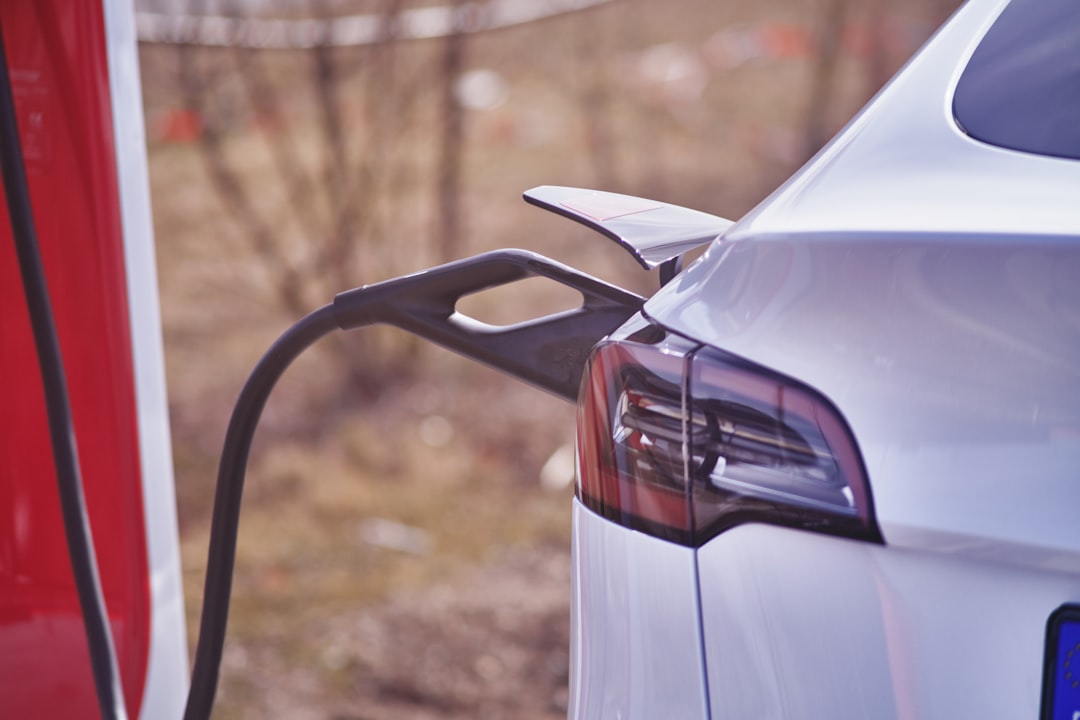In a world increasingly driven by the pursuit of sustainability, the automotive industry stands at a crossroads. Did you know that by 2024, electric vehicle (EV) sales are expected to surpass 20 million units globally, according to Bloomberg Green? With environmental concerns and fuel efficiency at the forefront, consumers are now faced with a choice: opt for electric vehicles, hybrids, or stick with traditional gasoline cars. In this article, we will explore the 2024 trends in cost and efficiency for these three types of vehicles, helping you make an informed decision for your next purchase.
Understanding the Landscape: EVs, Hybrids, and Gas Cars
1. Electric Vehicles (EVs): The Future is Now
Electric vehicles are no longer just a futuristic concept. With companies like Tesla, Rivian, and BYD at the helm, EVs are becoming increasingly mainstream. Here’s what you need to know:
- Cost Trends: The cost of EVs has been steadily decreasing. According to Reuters Mobility, the average price of EV batteries fell by 13% in 2023, making EVs more affordable than ever. By 2024, further reductions in battery costs are expected to drive down prices even more.
-
Efficiency: EVs are known for their superior efficiency. They convert over 77% of the electrical energy from the grid to power at the wheels, a stark contrast to gas cars, which only convert about 12%–30% of the energy stored in gasoline.
-
Performance and Range: Advances in battery technology, like those reported by Battery University, have led to improved range and performance. The latest Tesla Model S, for example, boasts a range of over 400 miles on a single charge.
2. Hybrids: The Best of Both Worlds?
Hybrids, which combine a gasoline engine with an electric motor, offer a balanced approach to driving efficiency:
- Cost Trends: Hybrid vehicles typically fall between gas cars and EVs in terms of price. However, as EV prices drop, hybrids may become less appealing unless they offer distinct advantages in fuel savings or range.
-
Efficiency: Hybrids shine in urban environments where frequent stopping and starting occur. They boast impressive fuel economy, often exceeding 50 miles per gallon (mpg) in city settings, according to AutoCar.
-
Environmental Impact: While hybrids produce fewer emissions than gas cars, they still rely on fossil fuels. This makes them a transitional technology rather than a long-term solution to environmental issues.
3. Gasoline Cars: Holding Strong in Specific Markets
Despite the rise of EVs and hybrids, gasoline cars aren’t disappearing anytime soon. They remain a popular choice for various reasons:
- Cost Trends: Gas cars are generally the most affordable upfront option. However, fluctuating fuel prices can impact long-term costs. According to InsideEVs, ongoing advancements in fuel efficiency are helping to mitigate these costs.
-
Efficiency: Modern gas cars have become more fuel-efficient, with some models achieving over 30 mpg on the highway. However, they still lag behind EVs and hybrids in terms of overall efficiency.
-
Performance: Gasoline cars are known for their powerful engines and are often preferred for high-performance needs. They offer unlimited range as long as there are fuel stations nearby.
Practical Tips and Recommendations
How to Decide: EVs, Hybrids, or Gas Cars?
- Assess Your Driving Habits:
– For city dwellers with short commutes, EVs or hybrids are excellent choices.
– Long-distance travelers might prefer gas cars or EVs with extended range capabilities.
- Consider the Infrastructure:
– If you have access to charging stations, an EV might be ideal. Check resources like Electrek for a map of charging networks.
– In areas with fewer charging options, a hybrid or gas car may be more practical.
- Budget and Incentives:
– Look for government incentives for EV purchases, which can significantly reduce the cost.
– Compare total cost of ownership, including fuel, maintenance, and resale value.
Where to Buy and What to Compare
- Electric Vehicles: Check out recent models from Tesla, Hyundai, and Volkswagen for cutting-edge technology and range.
- Hybrids: Consider offerings from Toyota and Ford, known for their reliable hybrid technology.
- Gasoline Cars: Brands like Nissan and Ford continue to innovate with fuel-efficient engines.
Conclusion: Driving Towards a Sustainable Future
As we move into 2024, the automotive landscape is rapidly evolving. Electric vehicles are gaining traction, offering unparalleled efficiency and lower operating costs. Hybrids provide a middle ground for those not ready to fully commit to electric, while gasoline cars, with their robust infrastructure and lower initial costs, remain a viable option for many.
Ultimately, the choice between EVs, hybrids, and gas cars depends on your individual needs and circumstances. We encourage you to weigh the pros and cons of each and make an informed decision. As technology continues to advance, we can expect even more exciting developments in the world of sustainable transportation. What will you choose for your next vehicle? The future is in your hands.

